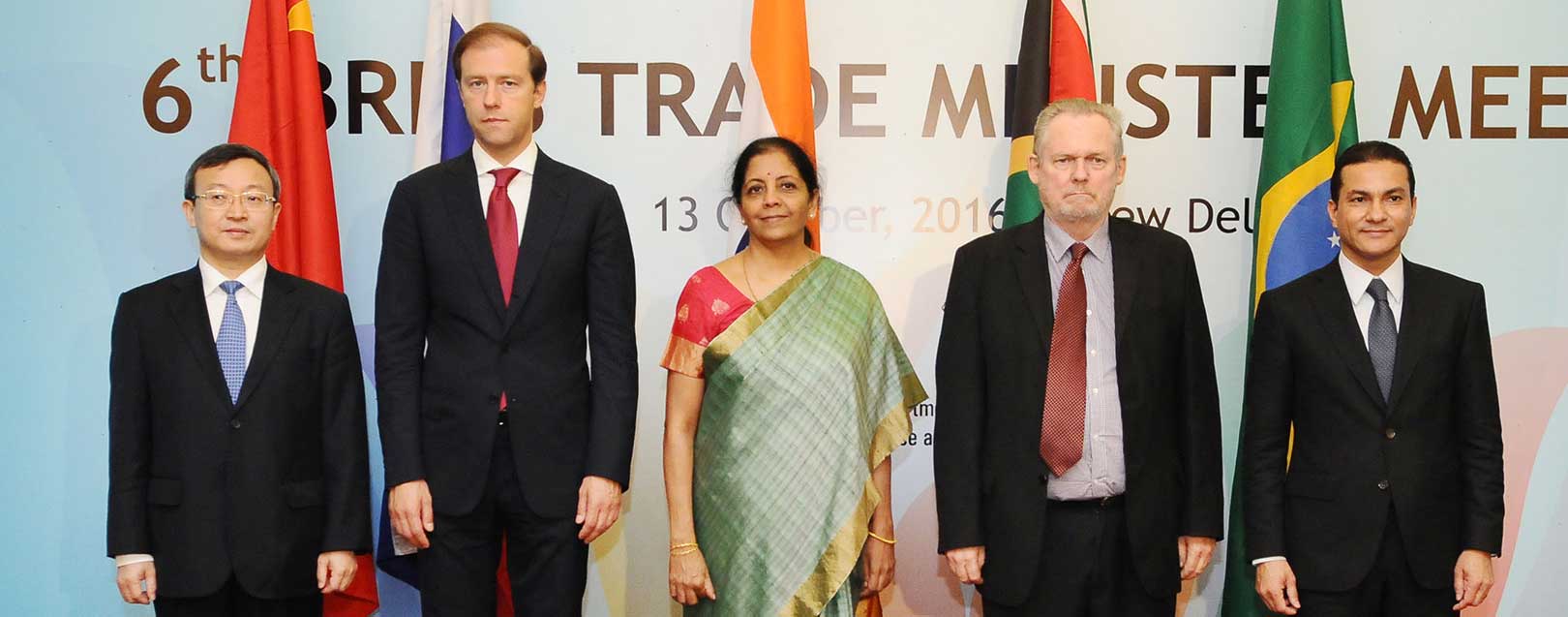
BRICS Trade Fair: Ansari proposes agendas to overcome BRICS challenges
Deepak Kumar
Calling for greater coordination among the member nations, Vice President Hamid Ansari proposed certain key agendas to overcome common challenges faced by the BRICS (Brazil, Russia, India, China and South Africa) countries, while also highlighting the potential sectors of further collaborations.
“Our economies represent the most dynamic emerging economies in the word. Our economies have scale and our decisions have an impact on global markets. Not only have we made strides as manufacturing and services countries, but we are now developing into significant end markets. We have the intellectual capital and resolve to shape a more equitable global trading world,” Ansari said at the Inauguraal edition of the BRICS Business Forum.
Expressing satisfaction at the current level of trade and the constant progress achieved in bilateral investment between the members, the BRICS bloc reiterated their commitment to explore more areas of cooperation and help each other scale the ladder of economic fulfilment.
Notwithstanding the global economic slowdown, political uncertainties in South Africa and American and European sanctions imposed on Russia, the BRICS trade has witnessed a continuous increase over the past few years, mainly on the back of their close cooperation and engagements on a host of bilateral trade and economic issues.
Prime Minister Narendra Modi had first proposed the idea of BRICS trade fair during the last BRICS ministerial meeting in Russia. It was then that India hosted the inaugural edition of the summit.
The Vice President had proposed five-point agendas to overcome the challenges faced by the BRICS bloc. “The first priority is to create a business friendly environment for investors and entrepreneurs in all member countries with a view to promote mutual trade and investment and facilitate inter market linkages and enhance market access opportunities.”
Ansari said BRICS would need to ensure the liberalisation of trade in Services, particularly in encouraging movement of people for commercial activity across the globe. This would be one such effort to stimulate greater economic activity.
He also reiterated that the BRICS should enhance and diversify trade and investment cooperation that support value addition as value-added trade could transform its economies from providers of raw material into key players in the global economy.
Pointing out the external economic shocks, he said the members need to strengthen macro-economic policy coordination and promote information exchange through agreed platforms and deepen cooperation with non-BRICS countries, international organizations and forums.
“We recognize the importance of balanced global trade for mutual prosperity. Trade and investment are two priority areas of cooperation emphasized in the BRICS Trade and Investment Cooperation Framework. We have already identified the basic principles for enhancing our trade and investment relations, as reflected in the theme of India’s BRICS chairmanship- ‘Building Responsive, Inclusive and Collective Solutions,” he said.
Also present at the event, Commerce and Industry Minister Nirmala Sitharaman said, “This is a unique event because for the first time a Trade Fair is being held in the BRICS format. It is indeed heartening that this Trade Fair has received enthusiastic response from entrepreneurs of all BRICS countries. The Trade, Investment and Economic Cooperation underpin the solidarity of BRICS. These relate to forging cooperation in specific sectors such as SMEs, Standards, NTMs, IPR, e-Commerce, Single Window and Working group on trade.
The trade fair also saw participation of New Development Bank (NDB), which lends strength to the BRICS by extending timely credit, while providing scope to work on sustainable development goals in BRICS.

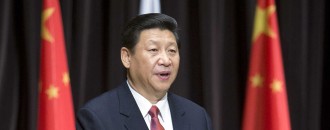
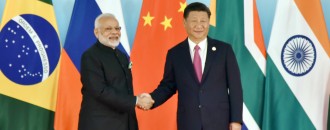
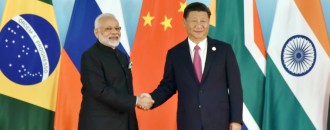
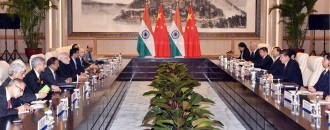

 to success.
to success.